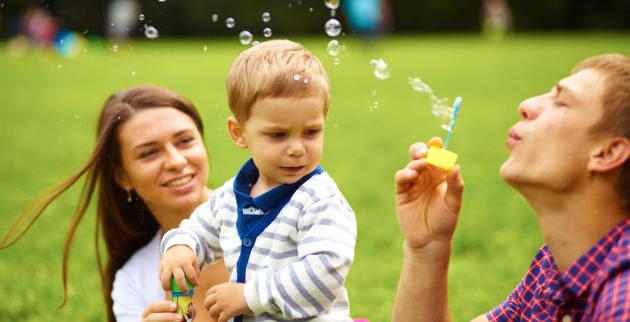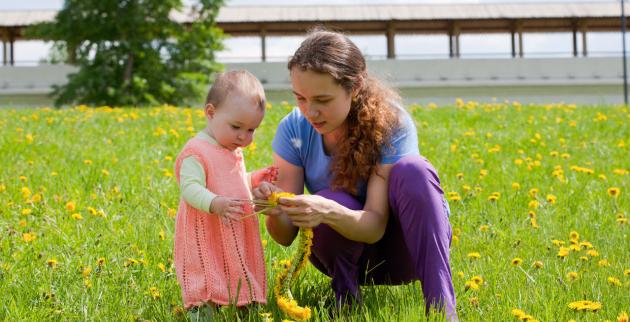Young Fathers

Dads can play a crucial role in bringing up children. Whether you and mum live together or apart, there's lots you can do to help your partner and make sure your child has the best start in life.
Relationships matter. Good relationships between a father and a mother during pregnancy means a better chance of being involved in your baby’s life after they are born, and for the rest of their life.
Crucial: Healthy relationships should be founded on respect and kindness, respect consent and avoid domestic abuse.
Becoming a dad
It takes time and effort to become a dad. Find out more about your rights as a father and preparing for fatherhood on The Mix.
Extra Support: The DadPad app gives new dads and dads-to-be the knowledge and practical skills necessary to support themselves and their partner, so that babies get the best start in life.
If you're together
If you and mum-to-be are together as partners, there's lots to do:
- Attend your partner’s antenatal (before birth) appointments
- Talk to the midwife about what you need to do
- Link up with other parents-to-be at groups
You may also wish to attend the birth. But it is up to a mother to decide who is with her during childbirth. Talk about it beforehand, but be aware that plans may change.
Crucial: Grandparents are often an important source of support for parents. If there are difficulties find out more about what you can do about parent trouble.
Becoming a parent can be hard, but you will start to feel more confident and less anxious. Always ask your health visitor or social worker for help and support.
Instant expert: If you have a job, then you are usually eligible for paid paternity leave.
If you're apart
If you are not in a relationship with the mother of your child, you are still becoming a father. Most fathers choose to stay connected with their children, even if the relationship with the mother has ended.
After your child is born, visits with your child will depend on your living situation being stable and safe for a child.
Crucial: You still have rights as a father even if you are not in a relationship.
Staying in learning
All young people need to stay in learning until age 18. This does not have to be a school; you can go to college, or do accredited work-based training, like an apprenticeship.
Most young fathers carry on learning. This is because it supports you to start your career and contribute towards raising your child.
Crucial: If you are at school or college you will get help to stay on in learning, and to catch up on any study you miss during antenatal appointments, attending the birth of your baby, or paternity leave. Talk to your School Health Nurse or Student Services.
Helping care for baby
There are lots of safe, fun and easy activities you can do to build baby's skills and help them develop, from day one. Find things to do together from Hungry Little Minds.
Looking after you
Young parents need to look after their health. This helps them look after baby.
Before having a baby people usually:
- Give up smoking
- Stop taking drugs
- Stop drinking
It's also important to eat healthy food and get more sleep and avoid stress as much as possible.
Doing these things together as a couple is much easier than doing them on your own. This is one of the best ways that you can support mum.


